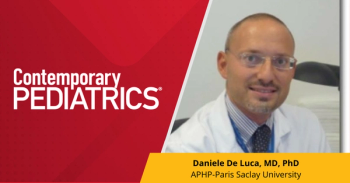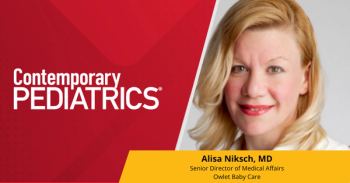
Results on telephone-based counseling for ending prolonged bottle feeding
Prolonged bottle feeding can have oral health consequences for a child. A study examines whether counseling parents by telephone helped end the practice.
Parents of 21- to 24- month-old children who were still bottle feeding were more likely to wean their offspring within 3 to 8 weeks if they received counseling via telephone calls in addition to routine outpatient-based advice than parents of such children who received only routine advice on bottle weaning. This was the finding of a study in 102 such children who visited a hospital in Thailand for routine health maintenance visits.
Parents of the 51 children in the intervention group received a telephone call 3, 6, and 8 weeks after enrollment in the study. The call focused on a motivational interview that included open-ended questions on parental attempts at weaning and the results, followed by individual counseling to help parents if weaning had been unsuccessful. In the 92 families who finished the study, 41% of those in the intervention group were weaned successfully compared with 17.4% in the control group. And of the weaned children in the intervention group, 42.1% had been weaned by the 3-week call with 26.3% at 6 weeks and 31.6% at 8 weeks. The most common barriers to unsuccessful weaning were that the child cried and couldn’t sleep without a bottle at night, grandparents did not agree with weaning (nearly half of primary caregivers were grandparents), and the child cried for a bottle, unrelated to sleeping (
Thoughts from Dr. Farber
‘Prolonged bottle use’ is a diagnosis on my problem list for many patients. Nevertheless, I keep trying. This study seems to describe a lot of work with relatively modest results, but this is an important issue: One approach I would like other pediatricians to consider is to encourage parents to gradually dilute milk in the bottle until it contains just water, which at least should be safe for the teeth.
Newsletter
Access practical, evidence-based guidance to support better care for our youngest patients. Join our email list for the latest clinical updates.








